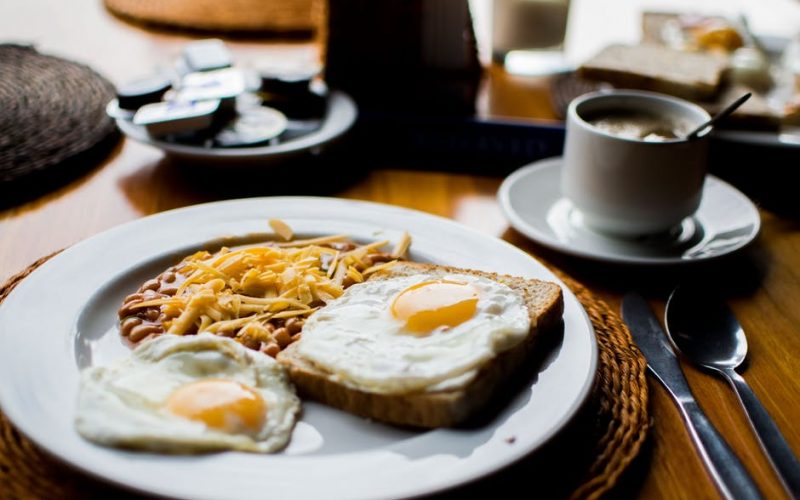A first timer’s guide to bed and breakfast etiquette
With the bed and breakfast sector said to be worth some £2 billion in the UK alone according to the Bed and Breakfast Association, it’s fair to say that B&Bs aren’t going anywhere, despite the budget-hotel boom of recent years.
In fact, a bed and breakfast is far from simply another type of hotel. It actually provides quite a distinctive and personal experience compared to an anonymous big brand-name hotel, so you might appreciate a few tips on the etiquette if you have never stayed in one before.
Let the B&B owner know the important things in advance
The whole nature of bed and breakfasts is that certain details of policies and all-round etiquette differ from one establishment to the next. Nonetheless, whatever B&B you choose, it’s crucial to make certain requirements and expectations clear to the owner before you arrive.
Dietary restrictions and food allergies should definitely be communicated in advance, as well as any other special requests – such as if you or another member of your party has disabilities that affect what room would be most suitable.
It’s also often a good idea to convey to the B&B owner or manager when you are set to arrive and depart the property, especially if the establishment is a smaller one where you are likely to be personally welcomed to the property by whoever is on site at the time.
Don’t phone or bother the B&B owner at inappropriate times
Remember that staying at a bed and breakfast means staying at a private residence, so certain standards of reasonableness should apply – just like if you were staying at a friend’s house.
That means you should not phone the B&B owner or manager during breakfast hours, or in the middle of the night. Nor, when you arrive at the property, should you simply walk inside. Again, do what you would do if you were staying with a friend – in this case, knocking on the door.
Respect the boundaries between private and public spaces
The B&B owner will probably provide a brief tour of the property when you first arrive, and make clear which spaces are open to you as a guest. There may also be ‘private’ signs on any doors leading to the owner’s living quarters.

Use your common sense as far as breakfast is concerned
Given that a bed and breakfast is, after all, a bed and breakfast, it’s easy to presume that one of the most stereotypical, but also beloved aspects of the B&B experience – a home-cooked breakfast in the company of fellow guests – is mandatory. However, the reality is a lot more flexible than this.
B&B owners realise it’s your holiday, and that you might prefer to skip breakfast or sleep until noon. As long as you communicate your breakfast plans to them in advance, you can expect an understanding attitude.
Some first-time bed and breakfast guests wonder whether it is rude for them to take their breakfast to go or to eat it in their room, and the situation here depends on the property. Many B&B owners are happy to cater to these preferences, but if the B&B has antique decor and furnishings, don’t be surprised if in-room dining isn’t permitted.
Have the above tips whetted your appetite to try out the bed and breakfast experience for the first time? If so, leading accommodation booking and price comparison portals such as Toprooms can bring you great deals on some of the finest cheap B&Bs currently available.

